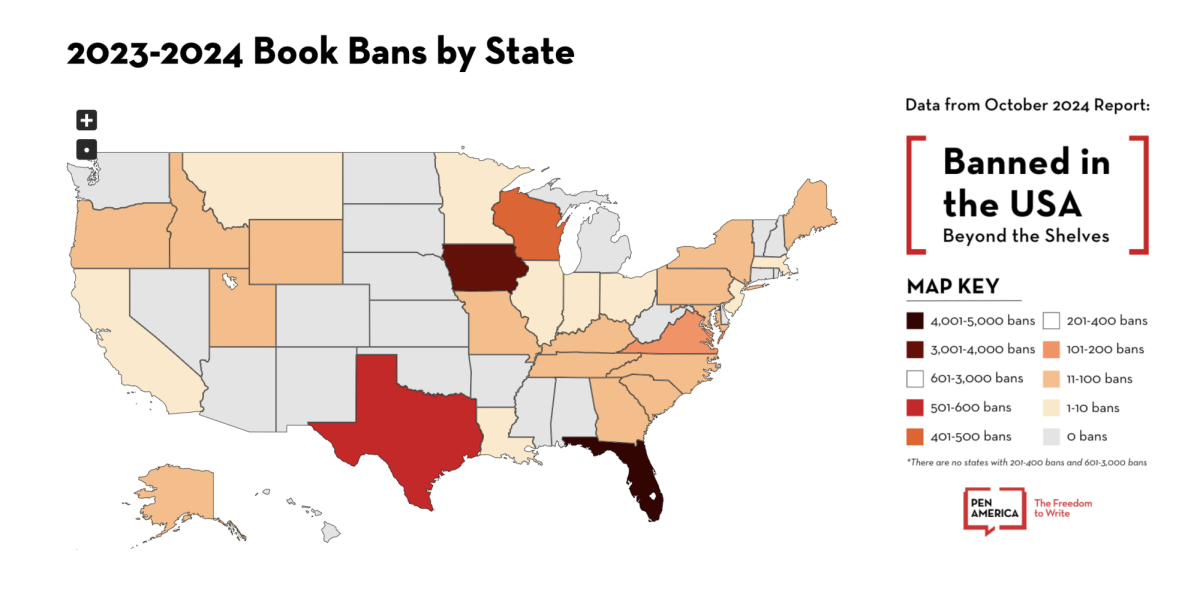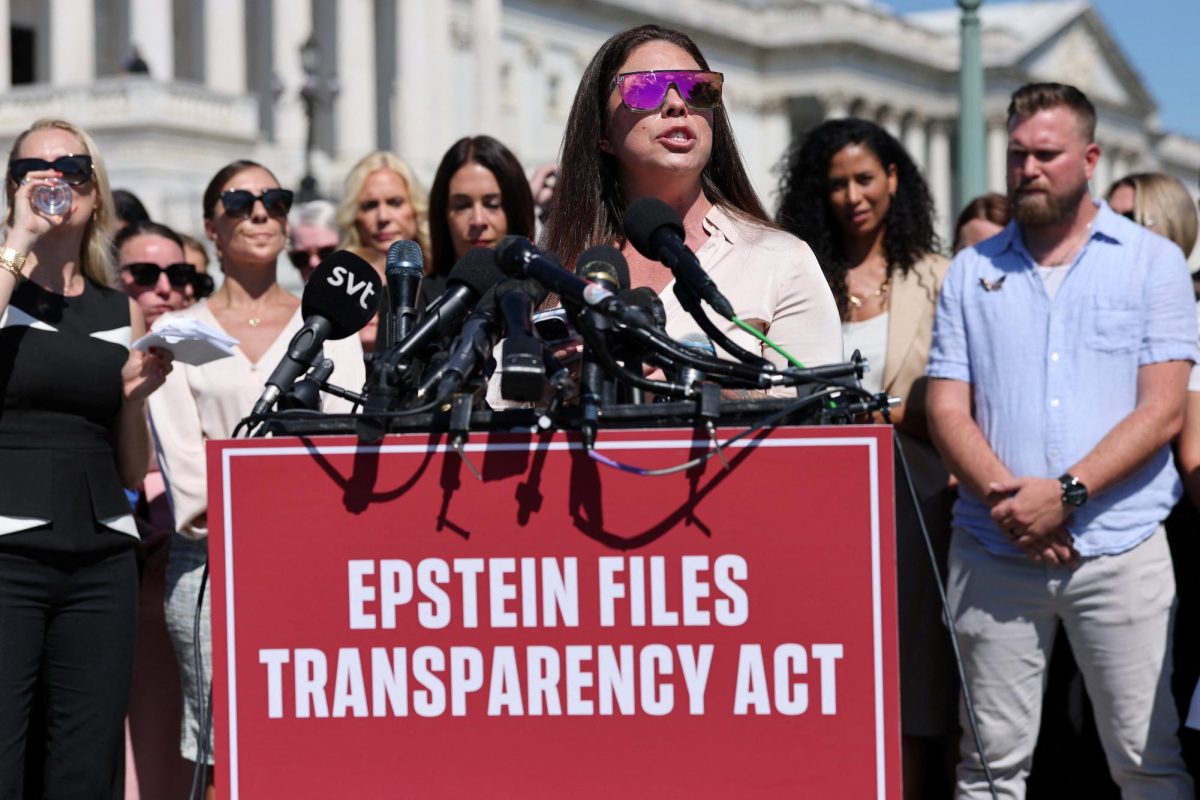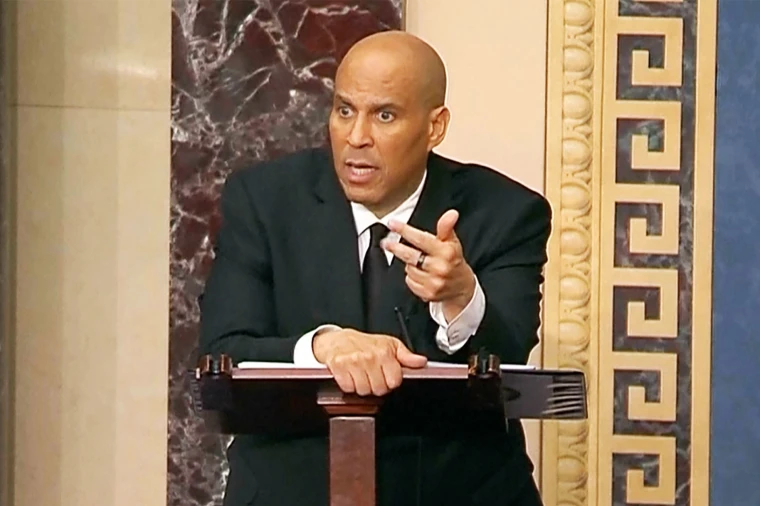George Orwell’s 1984 warns readers of the harmfulness of censorship, meaning literature. One can’t help but compare the similarities between the world in the novel and ours today. The novel portrays an extremely repressive society, with no creative freedom, and it is under constant surveillance. While the United States has not reached this extreme, there are undeniable similarities. This includes the spread of propaganda and false news through social media and the censorship of books. As a society, we are taught to learn history in order to move forward and learn from our mistakes. However, it is hard to move forward from our mistakes if books are being censored. This is true in both Orwell’s novel and in the United States.
In order to ban a book, usually the state’s department of education can be involved, though it is mainly up to the school districts. If they opt to ban the book, it would likely be removed from public schools, along with public libraries. Books are often banned for various reasons, including sexual content, violence, racial themes, and LGBTQ+ representation. Currently, Florida holds the record for the most banned books. As of 2024, over 4,500 books are banned in the state, followed by Iowa’s 3,671 and Texas’ 538 banned books according to PEN America, a site dedicated to tallying the number of books banned across the country. The most frequent topic that appears in many of the banned books is regarding LGBTQ+. In 2023, “Top officials at a Florida school district ordered the removal of all books and material containing LBGTQ+ characters and themes from classrooms and campus libraries, saying that was needed to conform to a state law backed by Gov. Ron DeSantis that critics have dubbed ‘Don’t Say Gay’” (AP News). While this varies by school district, many in Florida have opted for what many opponents call a homophobic view. In an Orwellian world (a word used to describe Orwell’s society in 1984), only books approved by the government are allowed to be read. Similarly, in Florida and all across the country, it is turning into the same thing as “Book bans increase by nearly 200% during the 2023-24 school year” (PEN America).
While it may seem simple to say a book is banned, there are other repercussions to doing so, like the costs that come with it. It can cost school districts thousands of dollars. Not only are these book bannings restricting public education, but they are costing a significant amount. Since districts have purchased the books prior to the bans and are then forced to dispose of the newly banned books, it is the main reason for these steep prices.PEN America says, “Book bans in Florida reportedly cost districts $34,000-135,000 a year, while a recent study estimates the nationwide cost of book bans and ‘responding to culturally divisive conflict’ for the 2023-2024 school year was $3.2 billion.” To make matters worse, most of the time this is taxpayer money that is being wasted, who typically fund local public schools. As a society, we learn from literature, we learn from the mistakes of others in order to move forward and create a brighter future. However, the banning of books can stunt the growth of our country. According to Information Matters, “book bans inhibit the cognitive growth.” When children do not experience various types of literature, they neglect “different life experiences, empathy, and social-emotional development” (Britannica). The lack of experience in those areas can negatively impact individuals in the future.
In Michigan, there are currently no banned books, according to PEN America. After a case against banning books had a small victory in Texas (eight books were said to be returned to libraries), Michigan Gov. Gretchen Whitmer took to X, saying, “Attempts to ban books are about more than words on paper – they’re attacking education, libraries, and your right to be who you are. Books connect readers with communities, expose you to new worlds and ideas, and can even help you learn about yourself.”
In preparation for the next election cycle, there has been talk that former president Donald Trump will shut down the Department of Education. While critics don’t think he will be able to do so without the help of Congress, if he were to shut it down, it would give educational powers to the states. This may lead to thousands more book bannings, especially in more conservative states. As a result of these rumors, a handful of governors have taken it upon themselves to create or sign bills stopping the banning of banned books, making it nearly impossible to restrict literature. Illinois was the first state to do so, followed by California, Colorado, Minnesota, Maryland, Vermont, and finally, Washington. However, each bill varies from state to state. For example, California’s bill is targeted more at school districts, while Vermont’s Protecting Libraries and the Freedom to Read Bill require libraries and schools to follow the 1st Amendment. All in all, these states have taken a big step in protecting the right to literature and education. One can only hope that countless more states will follow in their footsteps. However, it is important to know that the censorship fight is far from over, we have a long way to go until everyone has the right to literature. It costs citizens money, restricts information, and stunts the progression of our country. If the book-banning themes continue, the question is, what will separate us from the world of 1984?
All resources found were from PEN America









